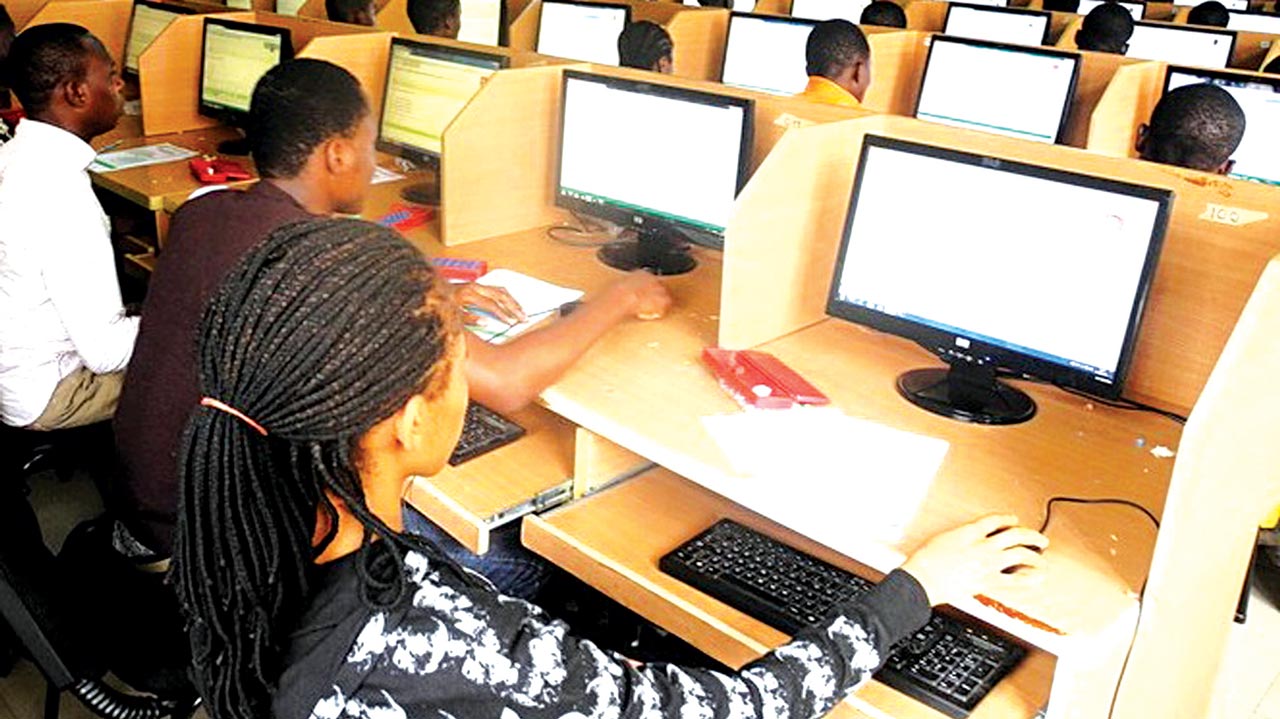The West African Examinations Council (WAEC) has said none of its papers in the ongoing May/June West African Senior School Certificate Examination (WASSCE) leaked before schedule.
Rather, the Council explained that fraudulent supervisors, invigilators and candidates likely sent pictures of questions during live exams to rogue website to treat and send answers to their subscribers.
The clarification was in reaction to a recent media report on examination malpractice syndicates which claimed to provide leaked question papers and answers for candidates writing the current examination.
In a statement made available by the WAEC Director of Public Affairs, Mr Demianus Ojijeogu, the Council said:
“The Council would like to emphasize that the question papers for the ongoing WASSCE for School Candidates , 2018 did not leak as has been erroneously portrayed in the media.
“Leakage can be said to have occurred when the question papers gets into hands of individuals who are not supposed to have them before the time scheduled on the timetable. Without any iota of doubt the Council wishes to state that no case of leakage has been established since the beginning of the examination.
“Our monitoring and investigations of the ongoing examination have established the fact that certain School Principals, Invigilators, Supervisors
and Candidates who had succeeded in smuggling mobile phones and other electronic devices into the examination hall, snap the question papers after the examination must have commenced and forward to their criminal collaborators who in turn provide solutions to the questions and send to
their subscribers via rogue websites, sms, WhatsApp and other social media.”
The Council also praised the police for arresting some exam malpractice fraudsters and called for further partnership with telecoms operators and others to catch malpractice syndicates.
“The Council is willing to collaborate with well meaning Nigerians, Civil Society Groups, Corporate Organisations that are ICT Inclined, Telecom Companies, States Ministries of Education, Deposit Money Banks, relevant Security Agencies, the Media and other stakeholders to neutralize the threat being posed by examination malpractice to education in Nigeria,” the statement said.

